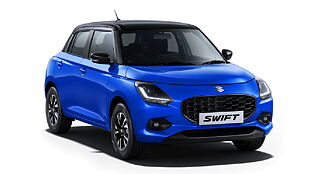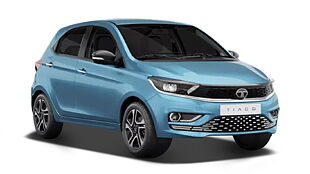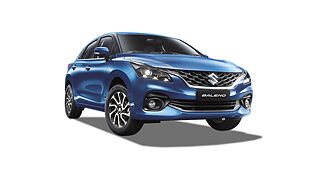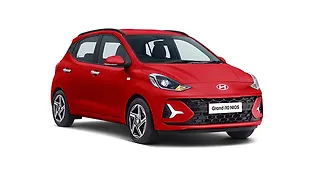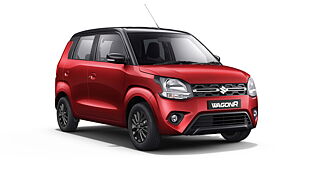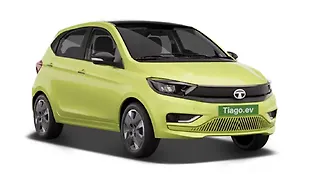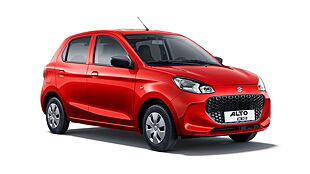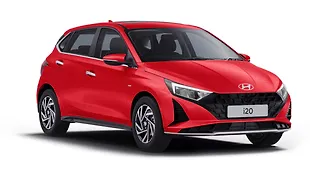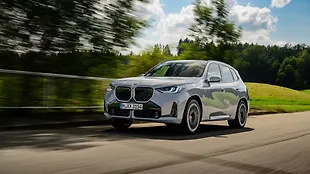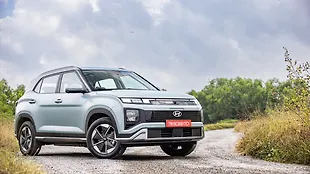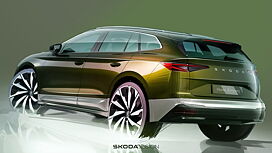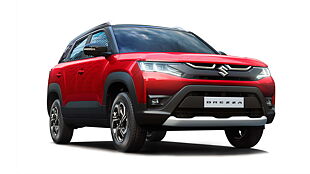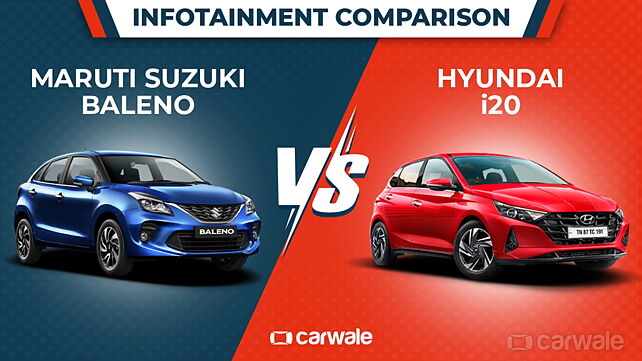
Touchscreens have become a very important feature in cars today. In the most obvious way, they provide in-car entertainment which is their central function. However, with the growth of connected technology as well as expanded feature lists, the need for central access to all of these has now fallen to the touchscreen system.
In our first-ever such comparison, we have decided to look at how the Maruti Baleno and Hyundai i20 stack up against each other. The kings of the premium hatchback segment are the Hyundai i20 and Maruti Baleno and represent the very top of what you can buy if you want a large hatchback. One has been around for a while now and the other South Korean model entered a new generation just towards the end of last year.
Screen size, physical buttons and speakers

The Maruti Baleno sports a seven-inch display while the i20 being a new generation gets a 10.2-inch floating display. Both the touchscreen systems sport haptic controls even for the volume controls which in the case of the Baleno can be accessed via a slider or plus/minus touchpoints or a slider while in the case of the i20 only the latter is offered. The i20 gets a Bose branded speaker system with the top-of-the-line models getting seven speakers while the Baleno since its launch in 2015 gets six speakers for the top-spec model.
Input ports and charging options
The Maruti Baleno gets one USB port and one 12V socket while the i20 has two USB ports, a 12-V socket as well as a wireless charging pad. Maruti's accessories list has wireless chargers on its pages but it is presently not offered for the Baleno.
Phone mirroring/wireless connectivity and navigation
In terms of phone mirroring features, both cars get Apple CarPlay as well as Android Auto and in the case of the Baleno, it was one of the first in the segment to offer the connectivity system with its top-spec models. While wired connectivity is standard for both cars, only the i20 has wireless phone mirroring and only on its mid-level Sportz variants. We expect Maruti Suzuki to offer wireless phone mirroring whenever it updates the Baleno.

With the increase in accuracy of Google and Apple Maps, inbuilt navigation is expected, in the future, to become a thing of the past. However, at present in this comparison, the i20 gets the upper hand as it does offer in-built navigation with OTA updates while navigation for the Baleno is achieved via phone mirroring.
Connected car technology
An important aspect of modern touchscreen systems is connected car technology, after all with smartphones hitting new peaks every year, it only makes sense to integrate its usage into the ownership experience.

Both cars have the basics of the connected network in a place like geo-fencing, RSA, navigate to the car, trip and driving summaries, emergency alert and live vehicle status. Now the i20’s system being the more modern one also gets features like the remote door to unlock, TPMS, voice control, smartwatch connectivity, weather and date information as well as remote AC control. The i20’s connected suite also has media control while Suzuki offers it through a separate mobile application.

Maruti’s connected suite is priced at Rs 9999 for three years while Hyundai’s Bluelink system is free for the first three years upon purchasing the car.
Verdict

There’s absolutely no doubt that the Hyundai i20’s system is a step-up in terms of advancement over the Baleno’s Suzuki connect. However, the latter hasn’t got any major updates since the Baleno facelift launched in 2019 and with one due sometime soon, we should see the Suzuki model catch up to the Hyundai i20.
Pricing

In this comparison, we have looked at the top-of-the-line models of both cars. The Maruti Suzuki Baleno in the Alpha variant is priced at Rs 8.10 lakh while the Alpha automatic is priced at Rs 9.30 lakh. The Hyundai i20 has a larger range of its Asta and Asta (O) variants. The petrol-powered models are priced in the range of Rs 8.80 lakh to Rs 11.34 lakh while the diesel-powered models are in the range of Rs 10.61 lakh to Rs 10.76 lakh. All prices mentioned are ex-showroom, Delhi.

![Maruti Suzuki Baleno [2019-2022] Image Maruti Suzuki Baleno [2019-2022] Image](https://imgd.aeplcdn.com/272x153/cw/ec/37710/Maruti-Suzuki-Baleno-Right-Front-Three-Quarter-147420.jpg?wm=0&q=80)
![Hyundai i20 [2020-2023] Image Hyundai i20 [2020-2023] Image](https://imgd.aeplcdn.com/272x153/n/cw/ec/40530/i20-exterior-right-front-three-quarter-5.jpeg?q=80)
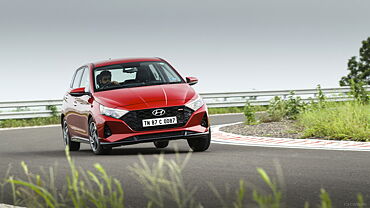

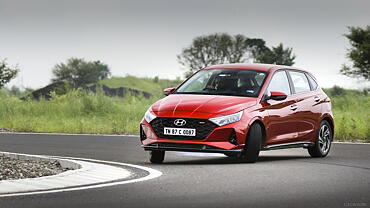

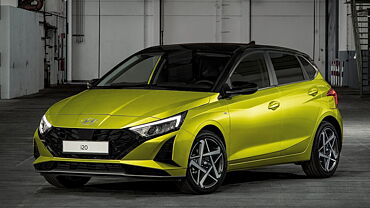

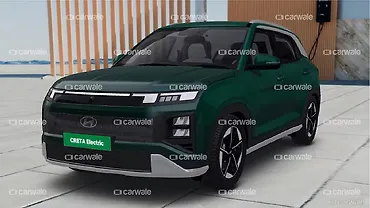
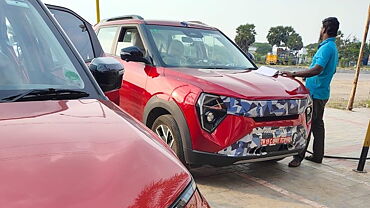
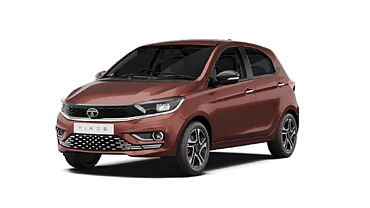
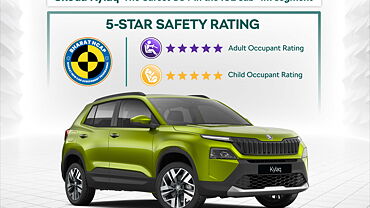
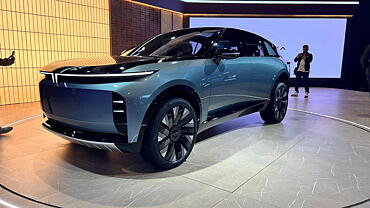




![Maruti Suzuki Baleno [2019-2022] Right Front Three Quarter Maruti Suzuki Baleno [2019-2022] Right Front Three Quarter](https://imgd.aeplcdn.com/199x112/cw/ec/37710/Maruti-Suzuki-Baleno-Right-Front-Three-Quarter-147420.jpg?wm=0&q=80)
![Maruti Suzuki Baleno [2019-2022] Left Side View Maruti Suzuki Baleno [2019-2022] Left Side View](https://imgd.aeplcdn.com/199x112/cw/ec/37710/Maruti-Suzuki-Baleno-Left-Side-View-147411.jpg?wm=0&q=80)
![Maruti Suzuki Baleno [2019-2022] Left Front Three Quarter Maruti Suzuki Baleno [2019-2022] Left Front Three Quarter](https://imgd.aeplcdn.com/199x112/cw/ec/37710/Maruti-Suzuki-Baleno-Left-Front-Three-Quarter-147416.jpg?wm=0&q=80)
![Maruti Suzuki Baleno [2019-2022] Dashboard Maruti Suzuki Baleno [2019-2022] Dashboard](https://imgd.aeplcdn.com/199x112/cw/ec/37710/Maruti-Suzuki-Baleno-Dashboard-147413.jpg?wm=0&q=80)
![Maruti Suzuki Baleno [2019-2022] Dashboard Maruti Suzuki Baleno [2019-2022] Dashboard](https://imgd.aeplcdn.com/468x263/cw/ec/37710/Maruti-Suzuki-Baleno-Dashboard-154122.jpg?wm=0&q=80)


